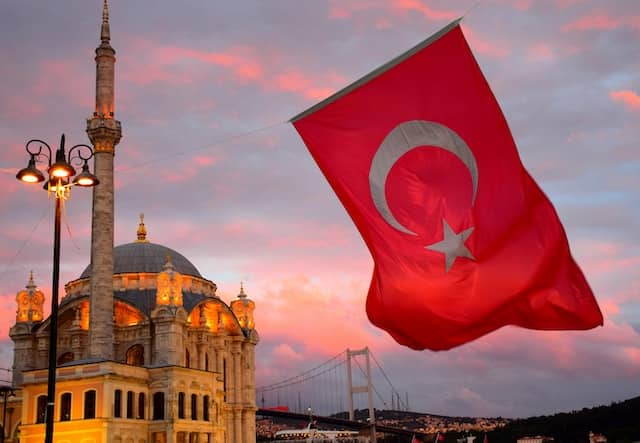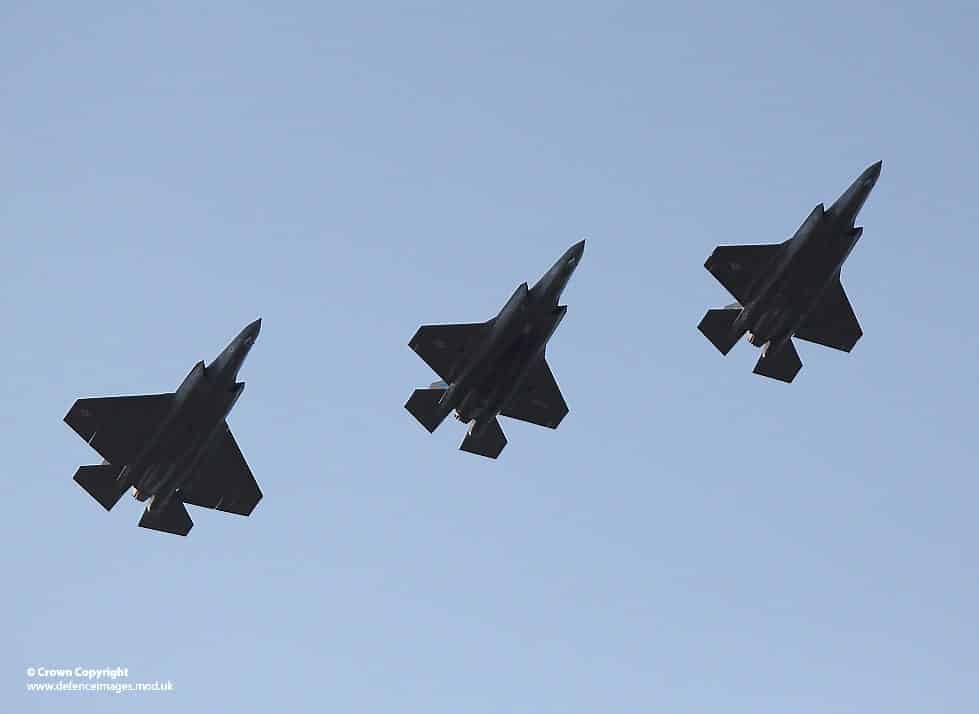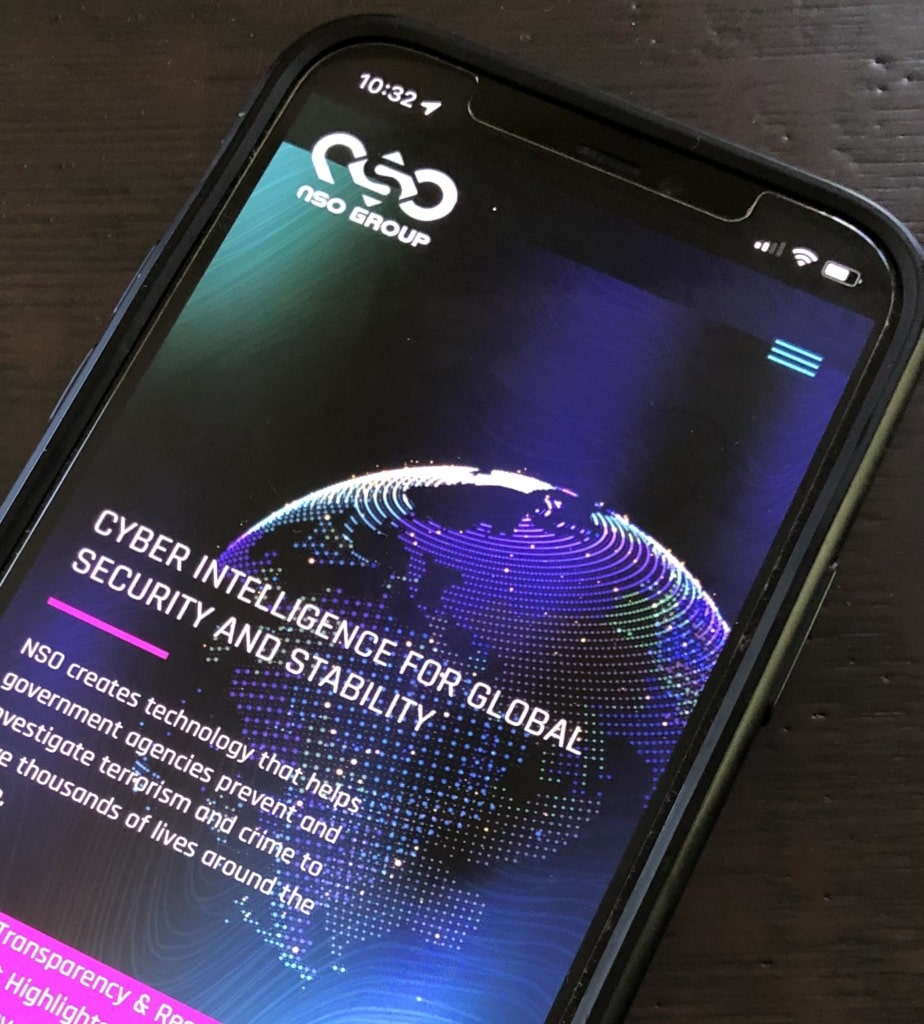The Media Coverage of Turkiye Halk Bankasi, in Review
Last week, the Supreme Court heard oral arguments in Turkiye Halk Bankasi A.S. v. United States, a criminal case originating in the Second Circuit. The defendant, Turkiye Halk Bankasi A.S. (“Halkbank”), is a foreign state-owned commercial bank, headquartered in Istanbul, and a subsidiary of the Turkish government’s sovereign wealth fund. Charged with laundering over $1…
Continue ReadingIs Buying Fighter Jets a Commercial Activity?
The Foreign Sovereign Immunities Act (FSIA) allows actions against foreign states to be brought in U.S. courts based on their commercial activities. In Republic of Argentina v. Weltover (1992), the Supreme Court held “that when a foreign government acts, not as regulator of a market, but in the manner of a private player within it,…
Continue ReadingSupreme Court Denies Cert in NSO v. WhatsApp
Today, the Supreme Court denied cert in NSO Group Technologies Ltd. v. WhatsApp Inc. The order lets stand a Ninth Circuit decision holding that entities that do not meet the Foreign Sovereign Immunities Act’s (FSIA) definition of an “agency or instrumentality” of a foreign state cannot claim immunity under federal common law. (Disclosure: I joined an amicus brief…
Continue ReadingSolicitor General Recommends Denial of Cert in NSO v. WhatsApp
On November 21, the Solicitor General (SG) filed a brief recommending that the Supreme Court deny cert in NSO Group Technologies Ltd. v. WhatsApp Inc. NSO, an Israeli company that makes surveillance technology, claims that it is entitled to immunity from suit under federal common law because it acted as the agent of foreign states….
Continue ReadingContractual Waivers of Foreign Sovereign Immunity
The Foreign Sovereign Immunities Act (FSIA) provides that foreign states are immune from suit in the United States unless an exception applies. An important and long-standing exception to immunity is consent (the more common term in international practice) or waiver (the term used in the United States). The FSIA provides that a foreign state shall…
Continue ReadingCan Corporations Claim Foreign Official Immunity?
In a recent cert petition, the Israeli company NSO Group asks the Supreme Court to consider whether corporations are entitled to conduct-based immunity when they act as agents of foreign governments. The Ninth Circuit answered no to that question, reasoning that the Foreign Sovereign Immunities Act (FSIA) comprehensively covers the immunity of corporations like NSO….
Continue ReadingForeign Sovereign Immunity and Choice of Law—State, not Federal
In Cassirer v. Thyssen-Bornemisza Collection Foundation, the Supreme Court unanimously held that, in adjudicating state-law claims against a foreign state or instrumentality under one of the exceptions to the Foreign Sovereign Immunity Act (FSIA), 28 U.S.C. § 1602, et seq., a federal court must apply the choice-of-law rules of the forum state rather than federal…
Continue ReadingWhat Should Happen Next in Cassirer?
Most of the procedural questions that arise in domestic litigation have a counterpart in transnational litigation. In Cassirer v. Thyssen-Bornemisza Collection Foundation, the Supreme Court confronted the transnational counterpart to Klaxon v. Stentor Electric Manufacturing Co., a much-debated choice-of-law case decided in 1941. As Justice Kagan noted in her opinion for a unanimous Court, “[a]lthough…
Continue Reading- « Previous
- 1
- 2




